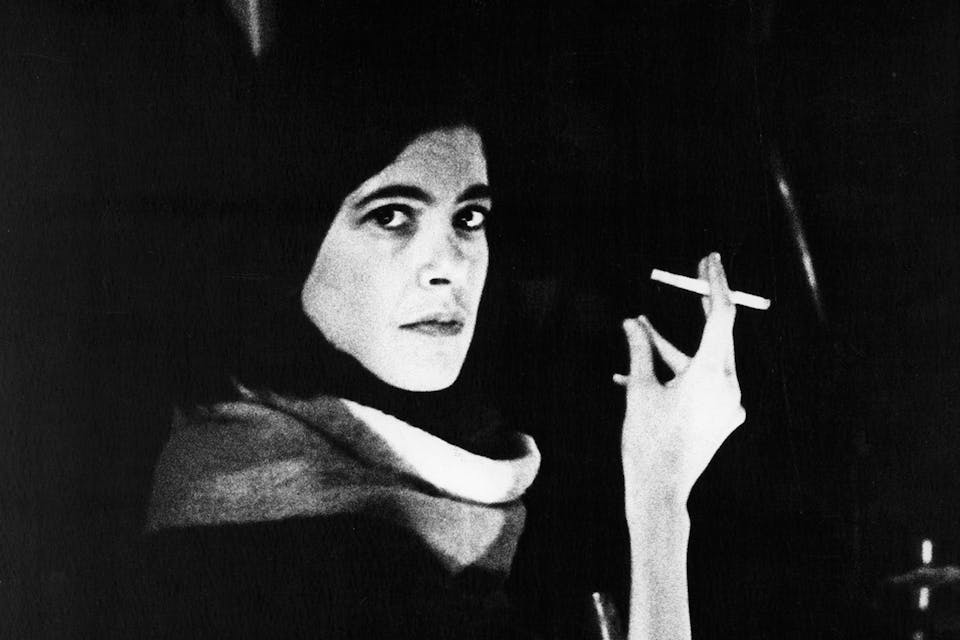
November 12, 2019
The Sorry Significance of Susan Sontag
In a new biography, the critic emerges as an advanced exemplar of a nexus of glamor and moral self-regard.
A former schoolmate of Susan Sontag (1933-2004) recalls their first meeting. The then nine-year-old Susan Rosenblatt came up to him on a playground and asked whether he was in the school’s academically gifted program; a transfer student, she had been unable to enroll in time. When he answered yes, she said: “Can I talk to you? Because the kids in my class are so dumb I can’t talk to them.”
This anecdote is one of dozens in Benjamin Moser’s new biography Sontag: Her Life and Work. Engagingly written and drawing extensively from interviews with friends and enemies as well as from Sontag’s own diaries, Moser’s account highlights the signal characteristics of its subject’s personality, encapsulated in that playground moment: book-smart, arrogant, callous.
In time, the precocious nine-year-old would grow up to become one of America’s most famous intellectuals. Her writing—landmark 1960s essays like “Against Interpretation” and “Notes on ‘Camp’” as well as novels and political analysis—established her as an influential guide and contributor to the cultural and political shifts of the 1960s and 70s, whose rebellions she encouraged, in some cases helped to instigate, and sought to straddle with a commitment to high modernist rigor and dispassionate analysis. In all this, she did much to shape the thinking and taste of the advanced American left.